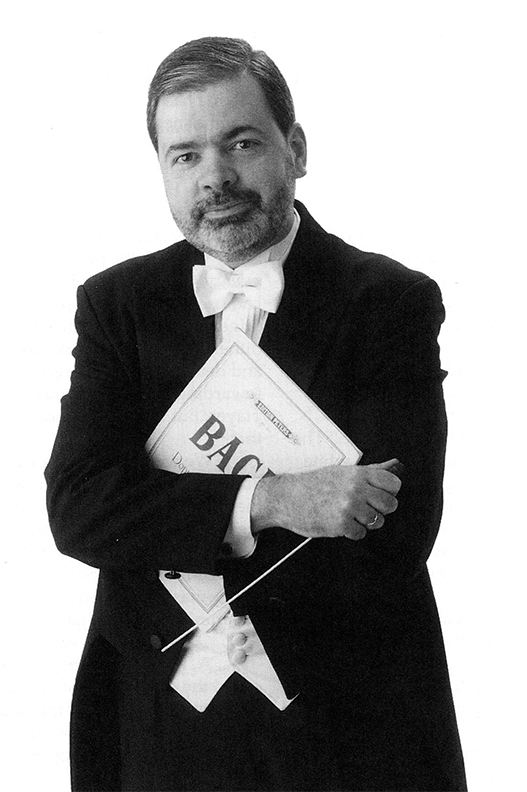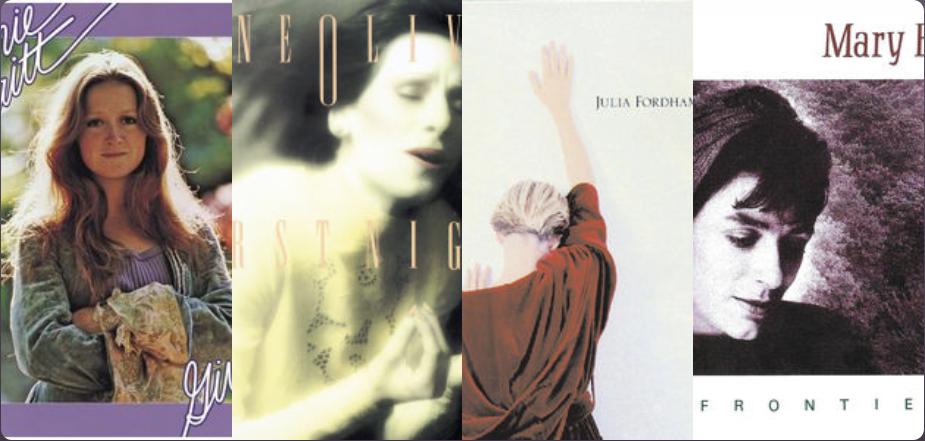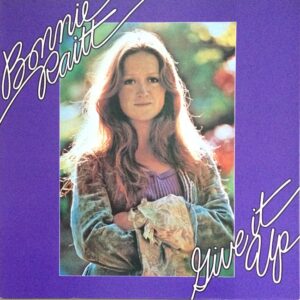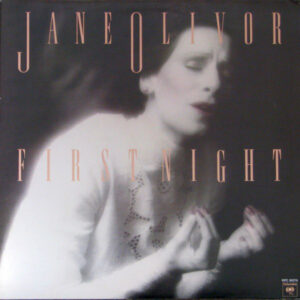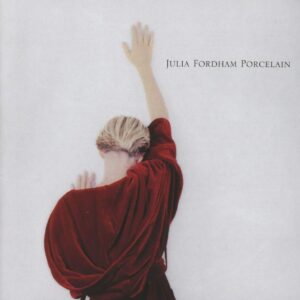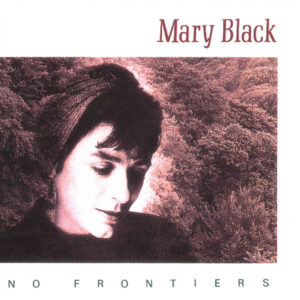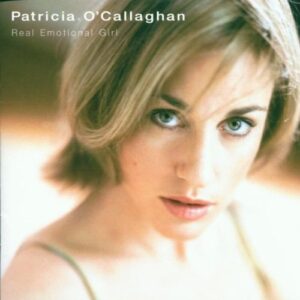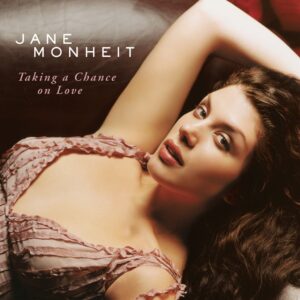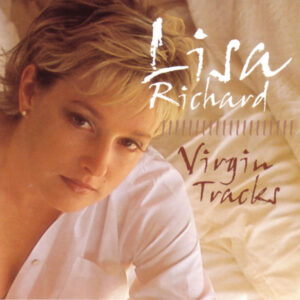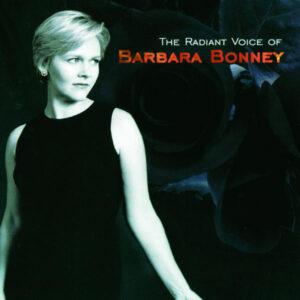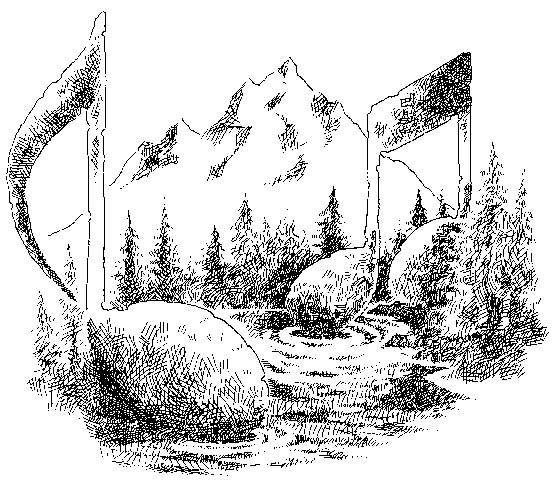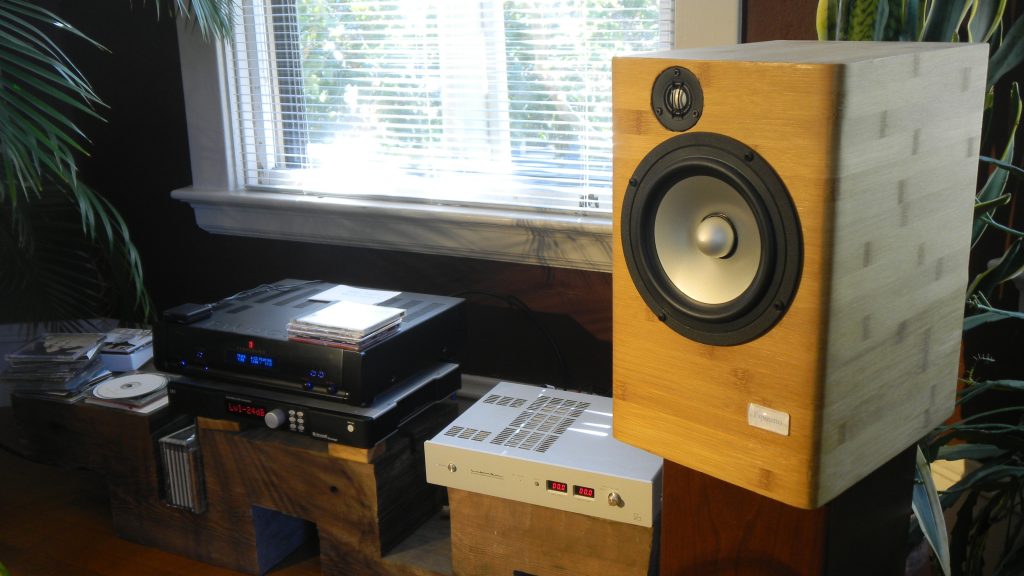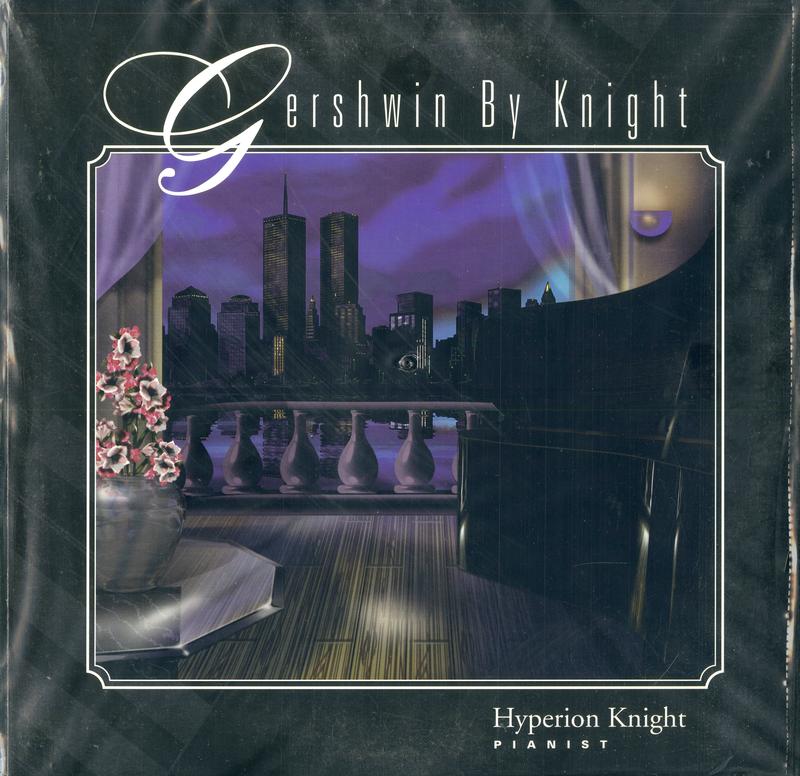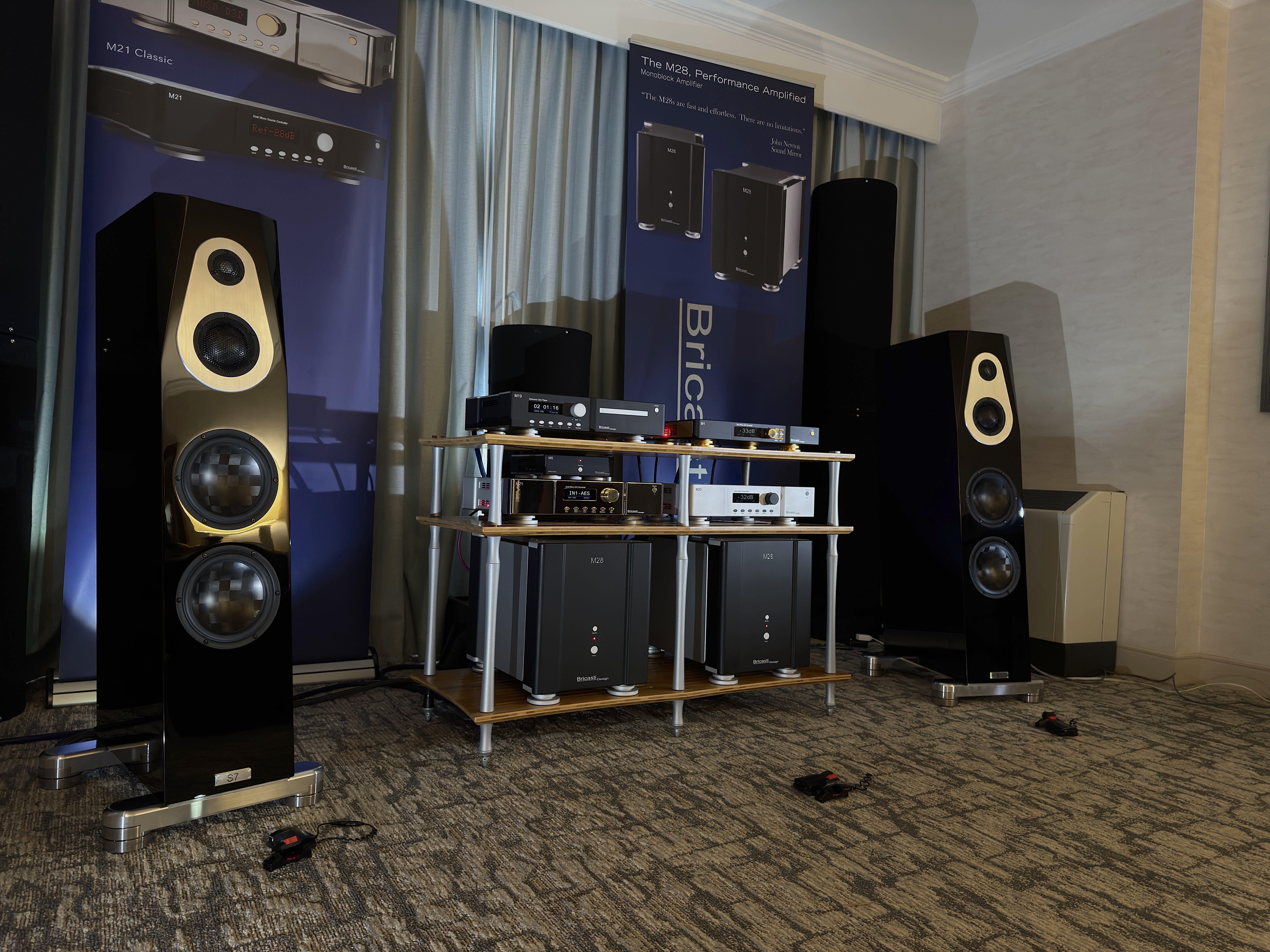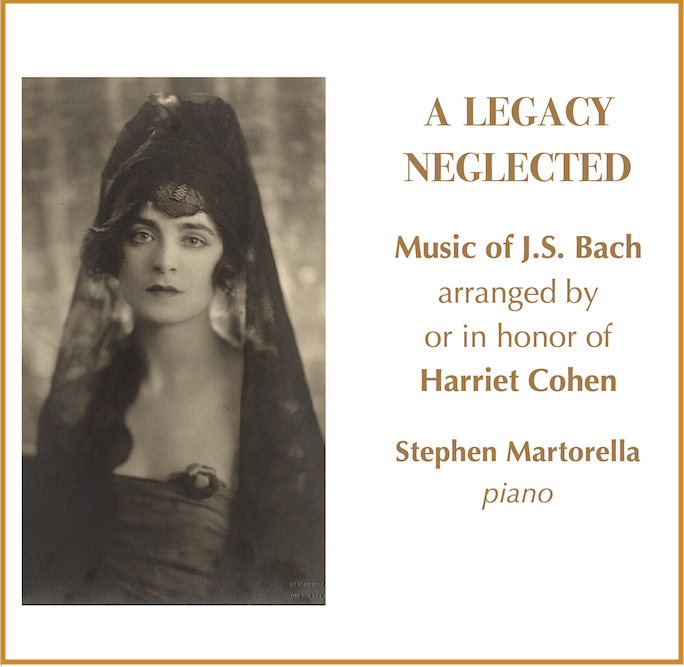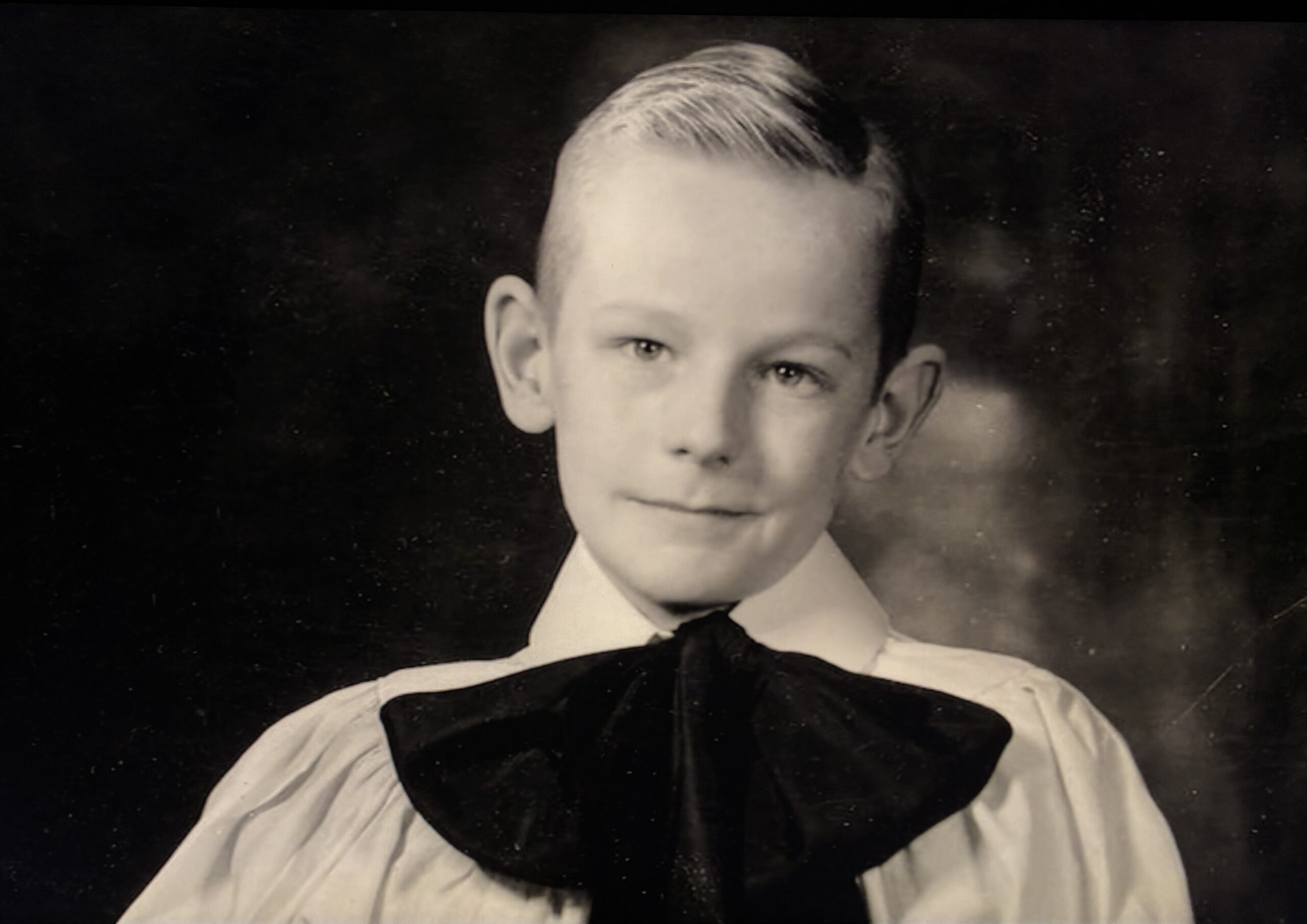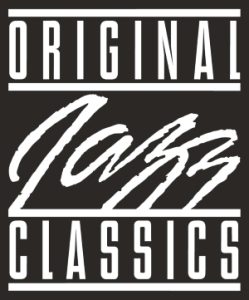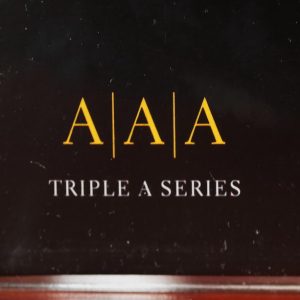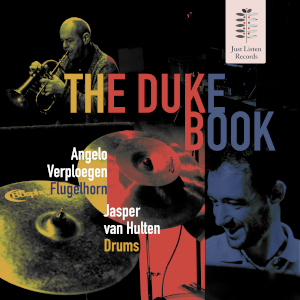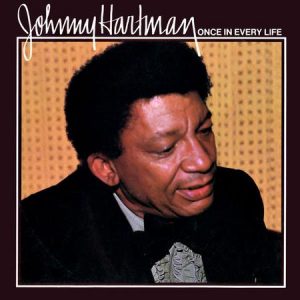John Marks of The Tannhauser Gate (thetannhausergate.com) and Positive Feedback
This is a continuation of a very long essay. But I think the subject matter deserves thorough coverage.
In Part 1 (HERE), I examined the hard-wired neurological, and the (apparently, universal) cultural reasons why everyone responds strongly to women's singing voices (and responds equally strongly to toddler wails). I then recommended seven albums of female vocals that have not been played-and-replayed to the point that, for many people, they have become wallpaper. I put together a chronological survey that includes jazz, pop, and folk music.
Here are the rest of the 15 non-classical female-vocal albums I want to recommend. Plus a bonus, very special, classical-vocal album.
Bonnie Raitt, Give It Up (1972)
Bonnie Raitt's father was the legendary musical-theater singer John Raitt. He was famous for singing the handsome, virile, lead roles in Broadway Golden-Age classics such as Carousel, and Oklahoma! At age eight, Bonnie Raitt received a guitar as a Christmas present. Her main musical influences were the Folk Revival of the 1950s and 1960s; and, believe it or not, Beatnik culture.
She was accepted at Harvard's then-"sister" college Radcliffe, but later dropped out to pursue her music career. Unusually for a college-student folkie at that time, Bonnie could play lead guitar and slide guitar, as well as rhythm guitar. And obviously, she could sing very well, with a voice that was natural and "untrained," rather than sounding like a Broadway wannabe.
Bonnie Raitt achieved mainstream marketplace success (and the Album of the Year and Best Female Rock Vocal Grammy Awards) only with her tenth album, 1989's Nick of Time. In 1989, Raitt was an "overnight success."
However, as is often the case, it usually takes 13 or more years of hard work for an artist to get to his or her particular "night." The same holds true for folkies Seals and Crofts. They met while touring with the 1950s One Hit Wonder band The Champs, whose one hit was the forgettable "Tequila."
Despite Nick of Time's Grammies, I think that Raitt's second album, released in 1972, is her most interesting one. It's a hybrid of the emerging acoustic folk-rock genre (there's one Jackson Browne song) crossed with Blues, Rhythm & Blues, and ballads. And very well recorded. It's "under-produced," not over-produced.
I was told, some time later, that the album Give It Up had been recorded almost entirely "location live" in a large space (such as a barn), because the musicians could play that well together. The opening track starts out as a slide-guitar-driven Blues complaint, but it then quickly takes on a jaunty Dixieland feel, with a tuba doubling the bass line. Guest musicians include "Freebo," Dave Holland, Paul Butterfield, and the British Blues-Shouter legend Jackie Lomax. Really.
Jane Olivor, First Night (1976)
Jane Olivor seemingly came from out of nowhere in the mid-to-late 1970s, reviving for a wider (but, not-quite mainstream) audience the nearly-lost (because of the British Invasion) genres of chanson and cabaret. I say, "not-quite mainstream," because the big winners in American music in 1976 were ABBA, Captain and Tennille, Natalie Cole, Judy Collins, Queen, and Paul Simon.
Olivor attracted a hard core of committed fans; but even with some support from public television, her career struggled. The music-business parts of it, as well as the very act of public performance, were hard for her. On top of that, six months after they married, her husband was diagnosed with a cancer that soon proved fatal. All of which is to explain why many of you might not have ever heard of her.
Which is a shame. I have been to quite a few concerts, and the one time I heard Jane Olivor live was one of the most remarkable and memorable ones. My girlfriend and I just kept glancing at each other, marveling at Olivor's range, depth, and total commitment.
We had arrived at the venue almost late, and the place was surprisingly full. The quick thinkers in the box office sold me the tickets reserved for the front-row-center seats usually reserved for the Mayor of Providence. His Honor was a no-show that night.
I, of course, had no way of knowing that.
Therefore, I was baffled when, at the very end of the concert, Ms. Olivor came to the edge of the stage and gestured for my girlfriend and me to come forward. Ms. Olivor then gravely bent down and shook hands with both of us. She thought I was the Mayor! A priceless memory.
One listen to Jane Olivor's at-the-edge-of-the-abyss rendition of Don McLean's (he's famous for having written the song "American Pie") "Vincent," an elegy for the suicidal painter Vincent van Gogh, will tell you whether Ms. Olivor's one-of-a-kind art is your cup of tea.
By the way, it is claimed that Don McLean's performance of "Vincent" was a particular favorite of the rapper and actor Tupac Shakur; reportedly, it was played to him on Repeat in the hospital, in the time before he died.
The only recognition I can find Jane Olivor's first album's having received was a Record of the Year award (I recall that they handed out twelve of them each year) from Stereo Review magazine.
Those with vast discographic memories may remember that the year before Jane Olivor recorded "My First Night Alone Without You," that song had been recorded by Bonnie Raitt, for her Home Plate album. Small world.
Julia Fordham, Porcelain (1989)
UK songwriter and songstress Julia Fordham's second album Porcelain was her only album that made any kind of a dent in the US record charts; and it was not that big a dent, either (No. 74 on Billboard's Top 100 album chart).
Which is too bad. Fordham's voice has great range and suppleness. Her rather astonishing low notes would be the envy of many a female classical "alto" singer. Her arrangements are inventive, and she has a great feeling for wry nuance about the complexities of modern love.
For one example of that, the opening couplet of the title track is:
I am very, very much in "like" with you,
I hope that it's enough, 'cuz it's all I can do.
Somewhere in Heaven (doubtless, wherever they are pouring Martinis at the moment), Cole Porter is smiling.
Therefore, what we have here is a great voice, possessed by a talented and intelligent singer, enviably recorded, and wonderfully produced.
Back when there were high-end audio shows, I would visit various display rooms, and from time to time I would pull Fordham's Porcelain CD out of my briefcase, and ask the exhibitor to play a track such as "For You Only For You," which is Fordham's take on the breathless chanteuses of the 1940s and 1950s. People would then ask why they hadn't ever heard of Fordham before.
By the way, on at least some of Porcelain's tracks, the bass player is Pino Palladino, who went on to substitute for the recently departed John Entwhistle on The Who's 2002 world tour. Palladino later formed a trio with Steve Jordan and John Mayer.
Mary Black, No Frontiers (1989)
Mary Black was born to a musical family in Dublin. She had a long apprenticeship in Traditional Irish music. No Frontiers was Black's breakthrough crossover album (that is, crossing over to modern singer-songwriter). It spent more than a year on Ireland's Top 30 album chart.
Julia Fordham's voice is of the nightclub or the bedroom, while Mary Black's is more of the pub or the country lanes. Still, Black's voice is hauntingly evocative, and her material is, at times, superb. The commendably ungimmicky production job is true to Black's Celtic folk-music roots.
My favorite track is the haunting "Columbus," which has nothing to do with the historical figure of recent controversy. The song addresses a person who retreats from other people, and eventually, even retreats from reality. To that person, the real world is where "Things can get twisted and crazy and crowded/You can't even feel right." Therefore, that person retreats into the contemplation of "maps and beautiful charts."
Only at the end, we learn that the singer is addressing herself. A very powerful short story.
Patricia O'Callaghan, Real Emotional Girl (2001)
At one point, it seemed to the young Patricia O'Callaghan that her life choices boiled down to being either a rock star, or a nun. She escaped that dilemma by studying to become an opera singer. It's a commonplace to say that a woman has a voice of "crystalline clarity," and O'Callaghan does indeed have a lot of that; but there is also color and depth and, when called for, plaintiveness, or a gentle sweetness.
O'Callaghan has spent a lot of her career in modern opera and modern vocal art music, but she has also given in to the temptation to approach modern popular music (including all sub-genres, from singer-songwriter to all flavors of rock) with a cabaret sensibility.
Of course, Patricia O'Callaghan is a renowned interpreter of the music of Leonard Cohen; but she has also recorded songs by Bob Dylan, Kurt Weil, Randy Newman, and Pearl Jam's Eddy Vedder.
O'Callaghan's 2001 breakthrough CD Real Emotional Girl has withstood the test of time, extraordinarily well. In terms of the kind of repertoire that some of the songs on Real Emotional Girl represent, songs such as "Attendez que ma joie revienne" (made famous by the French singer known as "Barbara"), "Je rêve de toi," and "Mon manège à moi," there is a bit of genre overlap with the kind of songs Jane Olivor sang.
However, between those two singers, there is a huge stylistic or interpretative difference. Jane Olivor would sing a torch song as though her whole little world actually was on fire.
Whereas, Patricia O'Callaghan somehow manages to achieve a degree of detachment, as she explained to me in a telephone interview (about 20 years ago):
I choose songs because they are poetic and slightly more detached... enough detachment so you can see that the song has something to do with your life, and that you can change things, rather than just purely indulging in the emotion of the performance.
Another under-appreciated gem.
Trivia Bit: The French singer known as "Barbara" (fl. c. 1951-1969; her birth name was "Monique") was known and appreciated in at least some circles in the United States. She was noted in the New York Times at least a few times. There's a widespread perception that Barbra Streisand changed the spelling of her first name in order to avoid confusion with the mononymous French Barbara. Who was actually of Ukrainian descent. She chose as her stage name the French version of her Ukrainian grandmother's name "Varvara."
Jane Monheit, Taking a Chance on Love (2004)
We started this survey in the 1950s Twilight of the Jazz Age; we end it in the 21st century, with the green shoots of a Jazz Revival (at least of sorts).
Jane Monheit is another product of a "musical home." Her aunt and her grandmother were professional singers. Little Jane is said to have begun singing "Somewhere Over the Rainbow" and "Honeysuckle Rose" at the age of two years. Her mother played records to inspire her; Little Jane thereby developed a strong affinity for Ella Fitzgerald. Monheit later studied voice at the Manhattan School of Music.
As a singer, Jane Monheit really has it all. Her rich, somewhat dark voice has timbral voluptuousness, with surprising compass and dynamic range. Her transitions are effortless—unless there is a musical reason for giving a little growl. Her pitch security is a wonder to behold, and along with that security, comes amazing agility. Her diction is classy without being schoolmarm-ish, and her phrasing is elegant. Her sense of rhythm is both exact, and playful.
Two must-hear tracks are the opening sizzler, "Honeysuckle Rose," and "Embraceable You," which Monheit recasts into a Bossa-Nova ballad, accompanied by guitar.
I suppose that that brings us nearly full circle—back to Duets with the Spanish Guitar.
Lisa Richard, Virgin Tracks (2001)
I want to recommend a largely unknown female vocal from 2001 that continues to captivate me: Lisa Richard, a former Broadway singer and performer who sang in 1,400 performances of Mama Mia, singing "Never Have I." That's a song that Jane Olivor commissioned from Kathy Wakefield and Stephen Schwartz (he of Godspell, Pippin, and Wicked), but which, unaccountably, Jane never recorded herself.
I heard Jane sing it live in 1982, and it hugely impressed me. Literally decades later, I found Lisa Richard's CD Virgin Tracks, by which she meant, a compilation of never-before recorded songs. The entire album is up on Qobuz, and from time to time, used CDs show up in the marketplaces.
The production and arrangements of Virgin Tracks are somewhat of the 1990s "Everything, Including the Kitchen Sink" school, but I listen past that.
"Never Have I" is basically a story song about having been the girlfriend to a succession of guys who were more passionate about and interested in their hobbies and outside interests, than they were passionate about or interested in their always-taken-for-granted girlfriend.
I nominate "Never Have I" as the Greatest Jilted-Girl song you probably have never heard. So, please fix that.
BTW, Lisa does have a sense of humor—there are about three funny songs that don't take love all that seriously. My favorite is, "Another 'Mr. Right' Left." At the climax, Lisa asks herself whether she has enough fight left to give that man a "Right/Left," as in a boxing punch combination.
Susan Wong, 511 (2009)
Here's one very smart UK CPA and Business Advisor. But, every now and then, when she feels like it, she cuts a record: Susan Wong (https://susanwong.net/). Her discography lists more than 12 albums.
I owe Qobuz for introducing me to Susan Wong, via their "Continue Play" function, which, these days, functions as a radio station. My use of the phrase "to cut a record" was intentional. If you go looking on eBay, you will see that many of Miss Wong's releases have been on LP, as well as CD.
The "Genius Hack" of Susan Wong's 2009 album 511 is her re-imagining Swedish pop/disco group ABBA's hit "The Winner Takes It All" (and other somewhat-familiar pop songs) as Bossa Nova songs.
Genius. And, I don't think I have ever heard a technically better recording job in pop music. A visitor approvingly noted the Latin rhythm instrument the Claves (thick hardwood sticks) that are deep in the mix.
Artistically rather than technically, I think the engineering production of the title track of Famous Blue Raincoat still reigns supreme… but, if you want to knock audiophile peoples' socks off… try dialing up Susan Wong's "The Winner Takes It All."
Barbara Bonney, The Radiant Voice of Barbara Bonney (2001)
If you want to skip the highly personal backstory, just scroll down a bit.
Decades ago, I wanted to end cellist Nathaniel Rosen's second short-piece album (Reverie, John Marks Records CD JMR 10) differently and memorably. So I asked Nick (Nathaniel) to cede the spotlight, and to play obbligato while a world-class soprano sang Richard Strauss's Mackay song setting "Morgen!" (in the sense of "Tomorrow"). (Italicized because the title is a word in a foreign language. Your mileage may vary.)
(Let's just forget for the moment that R. Strauss signed off on his personal correspondence with a jaunty "Heil Hitler." That is, up to the point when General George Patton made that unfashionable. Let's also forget that Mackay wrote extensively in support of man-boy sexual relationships.)
I might be in a minority of one, but I truly believe that the singer of Strauss's Lied is singing to an empty room. Their beloved, he or she, is dead. The song "Morgen" is all just one big totally desperate, totally in-denial Wishcasting.
I decided, seeing that Nick's mom had said that she would pay for the soprano, to go for broke, and to ask Alfreda Hodgson. At the time, she was one of the top-ranked high female voices in England.
Her management told me that she had just died.
So, Plan B was Kaaren Erickson, of the Metropolitan Opera. She had a role in the Met's James Levine Wagner Ring DVDs. She also shone in the Robert Shaw Atlanta Symphony Telarc Messiah.
At the session, we all did our parts, and she sang.
Kaaren told me she wanted a different take to be used than I wanted. No prob. I told her that the CD would be made with her chosen take. The CD got done, and I sent Kaaren a box. I then emailed her, and phoned to see what she thought.
No response. I was beginning to get concerned at the thought that Kaaren had listened to the finished CD, and had concluded that I had ignored her wishes.
Some time later, Kaaren phoned me to explain. She hadn't ever thought that I had ignored her preferences. But she had not been able to listen to her track on the CD, because, in the interim, she had been diagnosed with inoperable brain cancer, and she was going into hospice.
The idea that she might have been wrong about "which take" weighed upon her. Her husband finally made her sit down and listen.
She then told me that she had never imagined that she would have to, while alive, OK her last professional recording. But it was what it was. And, if she had to approve a last recording, she was more than OK with the one she had chosen.
She was 44. That was the toughest telephone call of my life.
All that, is to set the scene.
Obviously, the song "Morgen," despite the manifest moral failings of its creators, is very important to me. Heretofore, my preference has always been for "Piano with Obbligato (Instrument)" performances, rather than orchestrated performances. I find the orchestral performances too dense. Obviously also, the cello is my favorite obbligato instrument.
Trivia bit: The Italian word "obbligato" literally means "obligatory." But, in modern music practice, it is sometimes meant in the paradoxical contrary meaning of "optional."
The earliest Strauss "Morgen" recording I am aware of is the 1924 (I assume acoustical) 78rpm disc with John McCormack, Fritz Kreisler, and Edwin Schneider. I think that Kreisler's contribution established the violin as the go-to added instrument for that song, so it was a real treat for me to put together a recording where the cello took that role.
However, once I heard Barbara Bonney's "Morgen" performance in her career-spanning compilation CD The Radiant Voice of Barbara Bonney, I suddenly found previously-unsuspected value in a piano only, no extra instrument, version.
My three most revered symphony conductors are Klaus Tennstedt; Sergiu Celibidache, and Carlos Kleiber. All three excel at "Pulling the Taffy"—my term for lingering over beautiful phrases.
Barbara Bonney's with-piano "Morgen!" has that, in spades. I am just as happy that Miss Bonney did not add an optional violin or cello. I didn't want anything to distract me from the radiance of her voice.
That album has a very wide range of music, from Elizabethan lute songs to 20th-c. composers such as Sibelius (R. Strauss wrote "Morgen" in 1894), Andre Previn, and Andrew Lloyd Webber. Don't miss it!
Here's a Qobuz link to the playlist of the albums listed bove:
https://play.qobuz.com/playlist/32166505
Thanks for reading; and I hope you enjoy your listening.
So near, yet so far… I also considered these singers, as I compiled my final list:
Joan Baez; Anita Baker; Judy Collins; Fairport Convention (ft. Sandy Denny); Janis Ian; Sarah McLachlan; Eivør Pálsdóttir; Linda Ronstadt; Sade; Nina Simone; Basia Trzetrzelewska; Sarah Vaughan (with Clifford Brown); and Cassandra Wilson.
Drawing by Bruce Walker.




